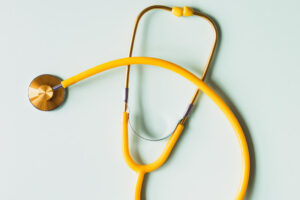My name is Felasfa Wodajo and I am an Orthopedic Oncologist residing in Fairfax, Virginia. During a one week stay in Addis, I visited three hospitals and met health care NGOs and the Ministry of Health officials. The goal of this trip was to discover avenues where diaspora orthopedic surgeons can provide durable support for Ethiopian orthopedics.
My first visit was to Tikur Anbessa (Black Lion) hospital. Unlike in the past, the hospital now has a regular and ample supply of screws and plates, largely imported from India. However, specialty trauma implants, like quadrilateral plates for the medial acetabulum, are not available. At Tikur Anbessa, there are two arthroplasty trained surgeons, Dr. Samuel and Dr. Geletaw. At this time, there are no surgeons trained in knee arthroplasty nor are there knee arthroplasty instruments and implants.
In Ethiopia, there are currently forty medical schools and four orthopedic residency programs. Tikur Anbessa and St Paul in Addis, programs in Bahir Dar and in Mekele. Tikur Anbessa is now training 25 residents per class, i.e. a total of 100 residents. However, the ongoing challenge is exposure to surgery and the availability of teaching faculty. Aside from this predicament, graduating medical students are no longer guaranteed jobs by the Health Ministry. Instead, they are told to seek work in the private sector which has not built up the capacity either.
Contributions by non-Ethiopian Surgeons and Groups
Johns Hopkins annually sends a large team of orthopedic surgeons from multiple sub-specialties. The Australian Doctors for Africa (ADFA) has also been a major long term supporter. They built four operating rooms in an existing rehabilitation building, has given equipment, including air conditioners for the ORs. The AO foundation in Africa, jointly with ADFA, supports yearly training sessions for orthopedic operating room nurses and basic and pre-basic training for residents.



Leave a Reply